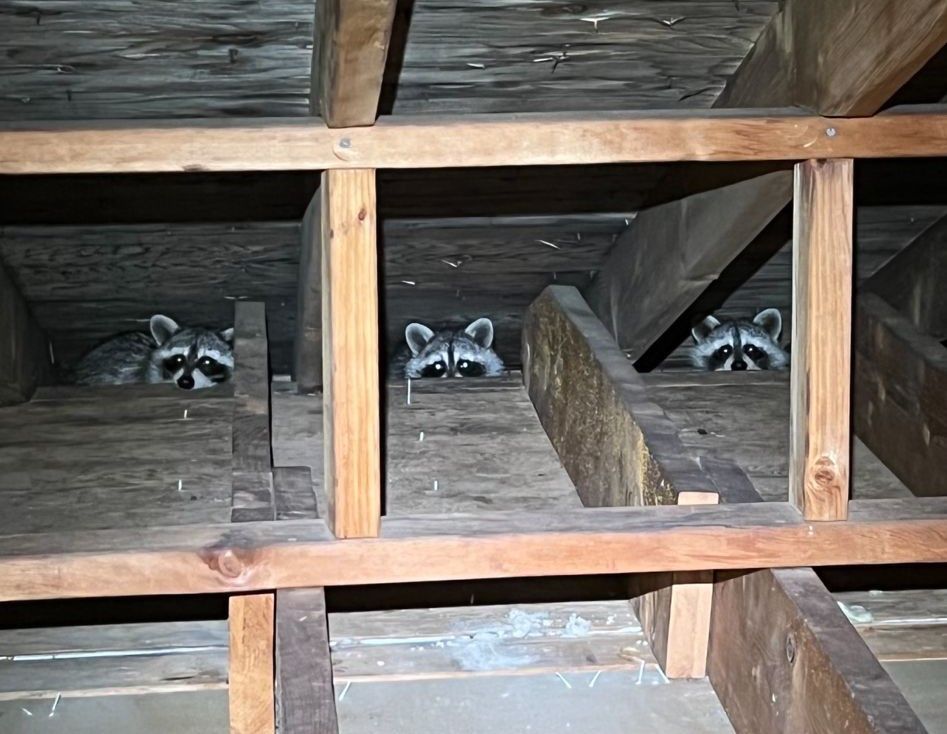
Raccoon Related Health Risks
Raccoons can pose several health risks to people, primarily through direct and indirect contact. One of the most significant health threats is the transmission of zoonotic diseases, which are diseases that can be passed from animals to humans. Raccoons are known carriers of several such diseases, including rabies, leptospirosis, and raccoon roundworm (Baylisascaris procyonis). Rabies is a viral disease that affects the central nervous system and is almost always fatal once symptoms appear. People can contract rabies through bites or scratches from an infected raccoon. Leptospirosis, a bacterial infection, can be transmitted through contact with raccoon urine, contaminated water, or soil. It can cause a range of symptoms from mild flu-like illness to severe conditions like kidney damage, liver failure, and meningitis.
Raccoon roundworm is another serious concern, especially for children and individuals with compromised immune systems. The roundworm eggs are shed in raccoon feces and can become airborne or contaminate soil, water, and surfaces. If ingested, these eggs can cause severe neurological damage, blindness, or even death. The larvae migrate through various organs, including the brain and eyes, causing significant harm. Human cases, while relatively rare, are often severe and difficult to treat. Therefore, it is crucial to avoid direct contact with raccoon feces and to take preventive measures such as wearing gloves and masks when cleaning areas where raccoons have been present.
Additionally, raccoons can indirectly affect human health by causing damage to homes and properties, leading to secondary health issues. They often break into attics, basements, and sheds to seek shelter, especially during colder months. This can result in significant structural damage, including chewed wiring, torn insulation, and contaminated areas with urine and feces. The presence of raccoons can attract other pests, such as fleas, ticks, and mites, which can further complicate the health risks. Fleas and ticks carried by raccoons can transmit diseases like Lyme disease and Rocky Mountain spotted fever to humans and pets. Thus, it is essential to implement effective wildlife control measures, secure trash and food sources, and repair any potential entry points to reduce the likelihood of raccoon intrusions and the associated health risks.

